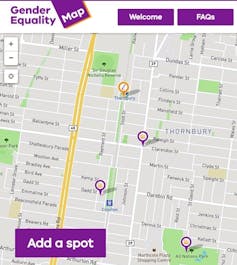Karl Manheim and Lyric Kaplan at Yale Journal of Law and Technology: “A “Democracy Index” is published annually by the Economist. For 2017, it reported that half of the world’s countries scored lower than the previous year. This included the United States, which was demoted from “full democracy” to “flawed democracy.” The principal factor was “erosion of confidence in government and public institutions.” Interference by Russia and voter manipulation by Cambridge Analytica in the 2016 presidential election played a large part in that public disaffection.
Threats of these kinds will continue, fueled by growing deployment of artificial intelligence (AI) tools to manipulate the preconditions and levers of democracy. Equally destructive is AI’s threat to decisional andinforma-tional privacy. AI is the engine behind Big Data Analytics and the Internet of Things. While conferring some consumer benefit, their principal function at present is to capture personal information, create detailed behavioral profiles and sell us goods and agendas. Privacy, anonymity and autonomy are the main casualties of AI’s ability to manipulate choices in economic and political decisions.
The way forward requires greater attention to these risks at the nation-al

